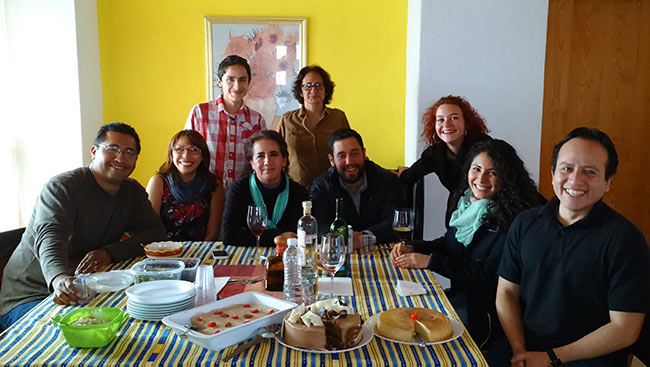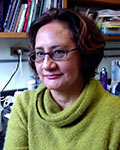A Perspective from Mexico: the Impact of Global Collaborations and In-Country Initiatives
Jul 06, 2017

Teresa Morales is an associate professor at the Institute for Neurobiology at the National Autonomous University of Mexico (UNAM). She is also a member of the SfN Neuroscience Training Committee. Here, Morales discusses global collaborations, training abroad, and the neuroscience field in Mexico.
Access to the full article is available to SfN members.
Neuronline is a benefit of SfN membership. Renew your membership now to make sure you don’t lose access.
Speaker

Teresa Morales, PhD
Teresa Morales is an associate professor in the department of cellular and molecular neurobiology of the Institute for Neurobiology at the National University of Mexico (UNAM), in Mexico, where she has served as coordinator of the graduate program and chair of her department. Morales’ research interests lie in hormones, stress, and neuroplasticity due to reproductive experience in key brain areas: the hypothalamus, hippocampus, and olfactory bulb. She received her undergraduate degree in biology from the University of Veracruz and her PhD in physiology from UNAM. She completed postdoctoral training at the Salk Institute Laboratory of Neuronal Structure and Function.
0 of 5 articles left
Login
or
Become a Member
to unlock content


.png?h=1763&w=3125&la=en&hash=B2439C2768576BED6405672E5CD5CF8CB1AA375F)




